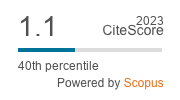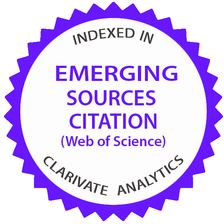Malaysian Journal of Mathematical Sciences, August 2016, Vol. 10(S)
Special Issue: The 7th International Conference on Research and Education in Mathematics (ICREM7)
Exploring the Influence of Utilitarian, Cognitive and Affective Factors on the Use of E-Books via Handheld Mobile Devices: A Review
Malathi Letchumanan and Balakrishnan Muniandy
Corresponding Email: [email protected]
Received date: -
Accepted date: -
Abstract:
Electronic books (e-books) can be read via dedicated e-book readers and multipurpose handheld mobile devices such as iPads and iPhones. Certain factors influence the use of academic e-books via these handheld mobile devices. The aim of this paper is to systematically review the factors which influence the use of e-books via handheld mobile devices for academic purposes in higher learning institutions. Two search strategies were used to identify the relevant literature of the studies reviewed. At the first stage, electronic databases and journals such as Emerald, Scopus, ProQuest, SpringLink, Science Direct, Wiley Online Library, Academic Search Premier, Communication and Mass Media Complete and Education Research Complete and ERIC were used to search for the relevant articles. Furthermore, journals pertaining to technology in education were searched individually to identify more relevant papers. The keywords used for the search were acceptance, adoption, use, electronic book, handheld mobile devices, e-reader, iPad, PDA and iPhone. At the second stage, the snowballing method was used to identify the relevant articles by extracting them from the bibliography of key articles cited in this paper. An article was used for this review if it met three pre-determined criteria. The findings show that utilitarian, cognitive and affective factors influence the use of e-books via handheld mobile devices. However, not many articles explore the influence of affective factor on the use of academic e-books via handheld mobile devices. This systematic review is able to identify the main contributing factors that influence the use of e-books via handheld mobile devices. This review may guide e-book designers, publishers, aggregators and authors to develop e-books which
are tailored to the consumers' needs.
Keywords: E-book, handheld mobile device, academic, adoption









